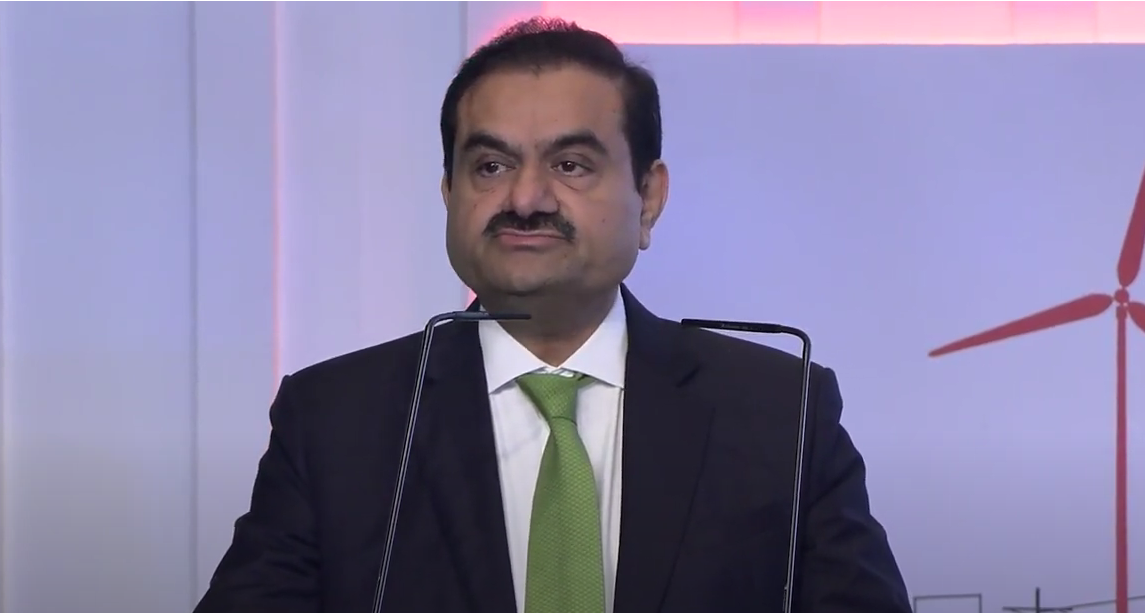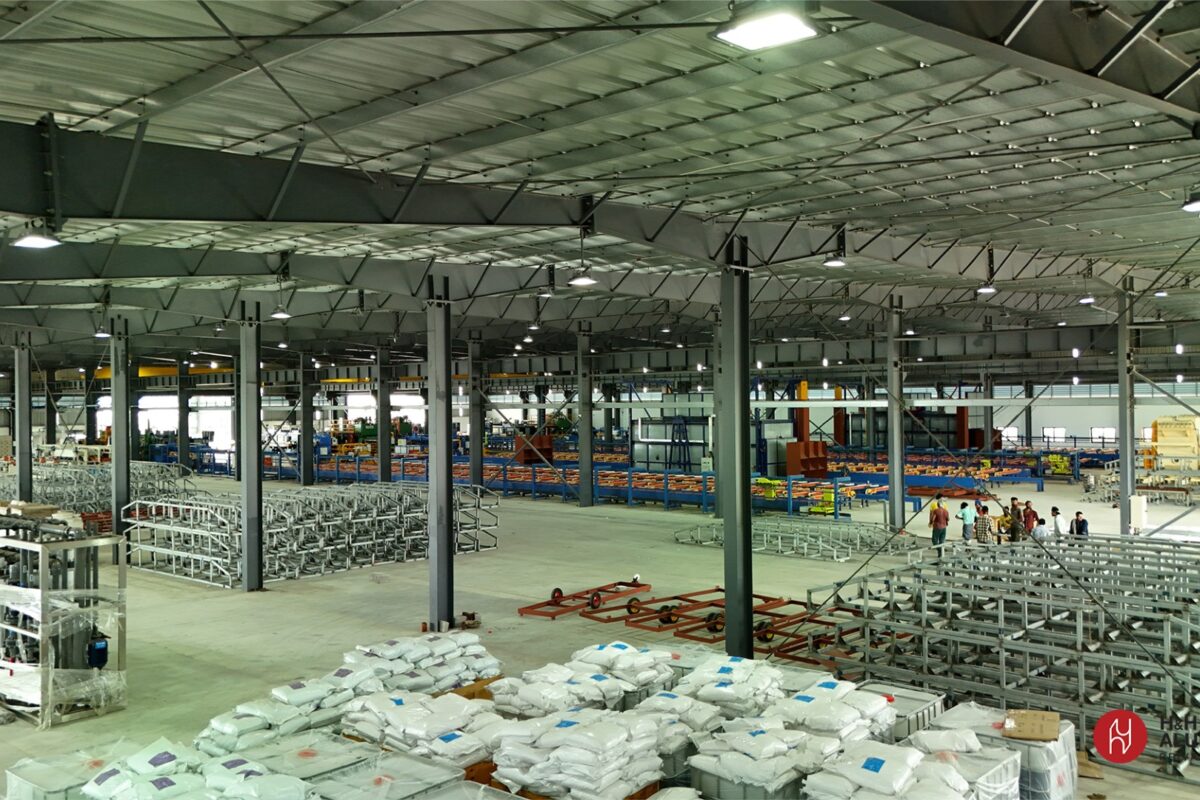“In the days ahead, the availability of green electron will be the primary driver of a nation’s economic progress. And, in my opinion, the market size of green electron as of now has no limit,” said Gautam Adani, chairman of the Adani Group, in his keynote address at CRISIL Ratings Annual Infrastructure Summit 2024.
Adani shared that in the next decade, their Group will invest more than $100 billion in the energy transition space and further expand its integrated renewable energy value chain that today already spans the manufacturing of every major component required for green energy generation.
Notably, Adani Group’s ambitious target of establishing a green hydrogen integrated manufacturing ecosystem is progressing well. The integrated manufacturing division under ANIL has already commissioned India’s first large-sized monocrystalline ingot and wafer unit of 2 GW capacity compatible for wafer thicknesses of 182 mm and 210 mm. The production will go in the Group’s already established solar module manufacturing capacity of 4 GW. The overall polysilica-to-module capacity will grow to 10 GW in the initial phase.
In wind turbine generators, Adani Group plans to increase the capacity to 5 GW by 2027 from 1.5 GW at present. Further, ANIL is building hydrogen electrolyzer production facilities as part of its low-cost integrated green hydrogen project.
The end-to-end supply chain control will not only reduce the Group’s dependency on imports but also enhance better control on module production and prices.
“We are confident that we will produce the world’s least expensive green electron that will become the feedstock for several sectors that must meet the sustainability mandate,” said Adani at the Crisil Summit.
“And to make this happen, we are already building the world’s largest single-site renewable energy park at Khavda, in the district of Kutch (in Gujarat). Just this single location will generate 30 GW of power, thereby taking our total renewable energy capacity to 50 GW by 2030,” he added.
This content is protected by copyright and may not be reused. If you want to cooperate with us and would like to reuse some of our content, please contact: editors@pv-magazine.com.









By submitting this form you agree to pv magazine using your data for the purposes of publishing your comment.
Your personal data will only be disclosed or otherwise transmitted to third parties for the purposes of spam filtering or if this is necessary for technical maintenance of the website. Any other transfer to third parties will not take place unless this is justified on the basis of applicable data protection regulations or if pv magazine is legally obliged to do so.
You may revoke this consent at any time with effect for the future, in which case your personal data will be deleted immediately. Otherwise, your data will be deleted if pv magazine has processed your request or the purpose of data storage is fulfilled.
Further information on data privacy can be found in our Data Protection Policy.